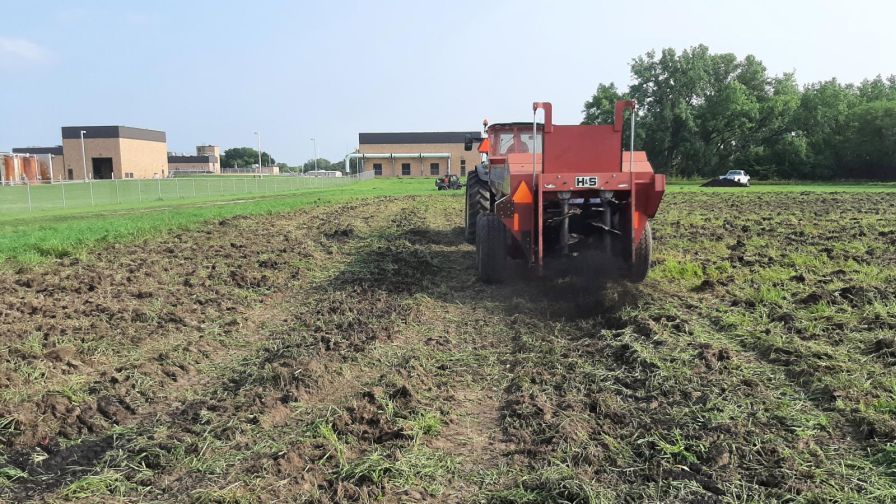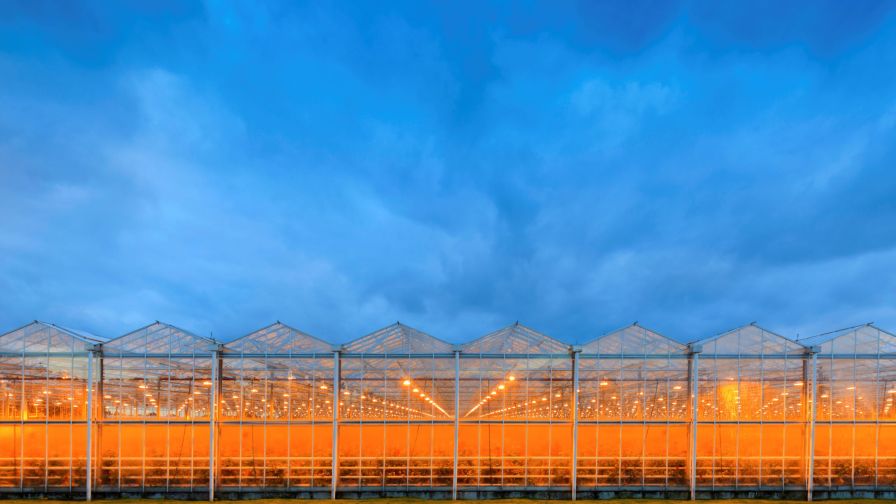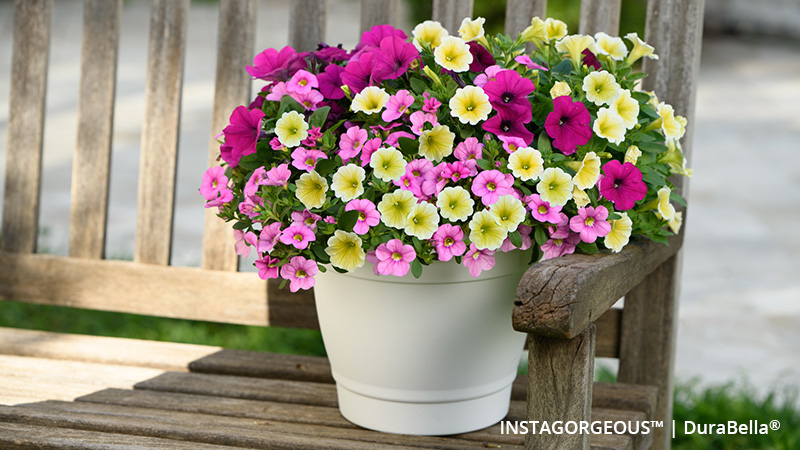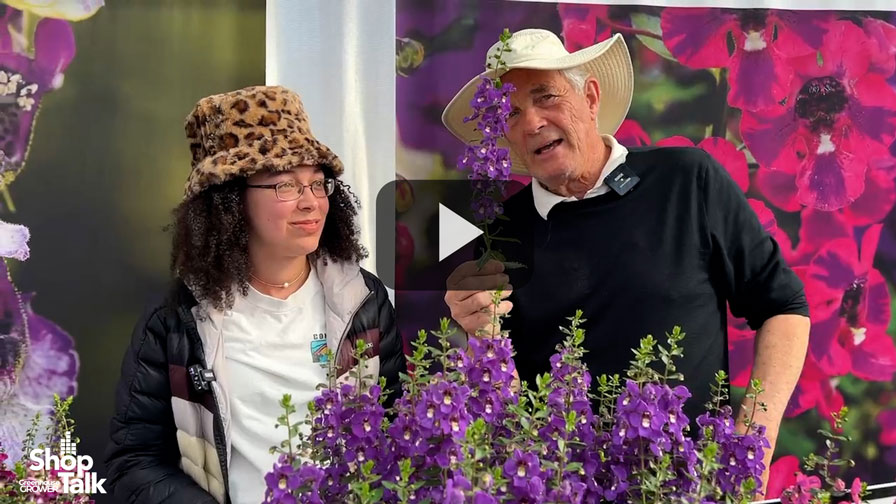COVID-19 and Cannabis: Press ‘PAUSE’ on Expansion Mode, Dial Up Domestic Supply Partners

A finished flower of Solaris Farms’ (Las Vegas, NV) ‘Fire Chem’ strain.
Telling the legal cannabis industry to slow down is kind of like telling Joe Exotic to tone down his outfits.
However, that’s exactly the nugget of wisdom Grove Bag’s founder and CEO Jack Grover has for cannabis growers and business owners in the space. Take a deep breath, press “PAUSE” on any large capital-intensive investment expansions and prepare to play the wait-and-see game, just like the rest of us.
“This is a very important time to preserve cash flow,” Grover says. “We don’t know what’s going to happen next. The whole country could be shut down, far more than it is right now.”
Grover is advocating a cautious go-forward strategy to his fellow cannabis industry cohorts because while most states have preserved cannabusinesses’ right to operate as “essential” operations, that’s not guaranteed to continue if things worsen. Many authorities believe the crisis will reach its peak of infectious activity in the U.S. around the Easter Holiday.
“If I were operating a grow right now, I’d stock up on anything that I knew is sourced from overseas, anything I am running low on, particularly light fixtures and bulbs, nutrients, trellis netting, all that type of nuts and bolts stuff,” he adds. “Because supply chain disruption is pretty much a sure thing with what’s happening around the world.”
Could Coronavirus ‘Normalize” Cannabis for the Fence Sitters?
Finding the positives in such an unprecedented, life altering disruption is always difficult, but not necessarily impossible.
For cannabis industry folks, there’s the optimistic outlook that the situation could change the public perception of cannabis.
“What you saw with the giant rushes to the dispensaries in a lot of states, those big rushes to stock up for the long haul in the face of this quarantine, you saw a growing acceptance of cannabis as mainstream,” Grover explains. “Those people that were stressed out about whether they’d have enough medicine for a quarantine, those are patients that are getting great relief from this plant. So, we see it as just as mainstream as something like alcohol, and more so now than cigarettes even.”
One area that we could soon see an attitude change among regulators and the Trump administration is around the federal prohibition on transferring cannabis surpluses and products across state lines.
“I think we’ll see it track a lot like liquor legislatively speaking, where it’s regulated and controlled by the state, to a large degree,” he says. “And it’s a crucial step towards interstate commerce and international commerce for the American cannabis economy.”
The inability to participate in interstate commerce (and even international) has held American cannabis companies back compared to the giant, vertically integrated, and publicly traded operations up in Canada, according to Grover.
“Canadian cannabis companies are not great operations, and a lot of them have been doing really poorly of late,” he explains. “That said, they’re way ahead of the U.S. companies because they have access to public markets for finance, and they have access to a lot of the tools we don’t. And they’re able to export (cannabis), so they’re able to ship surplus product to Italy, Germany, and England, and other places where supply is lagging. We’re not able to do that. So, I am hoping with the renewed enthusiasm,, that we will see that take off.”
Domestically Sourced Cannabis Packaging Makes More Sense
How growers and cannabis distributors choose their packaging partners could be seeing a shift change in the near future as well, according to Grover. In the past, many would dial up a distributor in China for huge volume discounts on cheap, plastic-based packaging.
Now, with difficulties sourcing material overseas, and many countries limiting or even shutting off international shipments of goods until the corona virus subsides, it’s a perfect time to get to know the companies that offer similar services here in the States.
“If people still want to go the absolute cheapest route, then that will be there again (with China),” Grover says. “The biggest advantage they’ve had for the longest time is the (low) cost, because they don’t have environmental regulations like we do. There’s no worker safety (regulations). They can take very nasty chemicals that are very expensive to dispose of here in the U.S. and other Western countries, and they can dump that in some river for free, in a place like China.”
There could also be some lingering distrust of Chinese corporations, Grover believes.
“The only reason this virus has gotten this bad is that the Chinese government knew what this virus did, and they let people just go on about life and travel to Italy and all over the world (spreading it),” he says.
“And then, as you know, there’s a good section of the cannabis industry that are veteran-owned companies, or they employee a lot of U.S. veterans, like we do at Grove Bags. When those people hear the Chinese claim that the U.S. Army released this virus? That’s not winning them any points with U.S. cannabis operators.”
And those companies that make the transition to a “Made in the USA” packaging solution, what benefits can they expect to realize in making the switch?
“As a cannabis business right now, having short lead times for sourcing product, and being able to hold those ancillary partners accountable, you’re really removing the difficulties of international sourcing (from the equation),” Grover says. “But, ultimately, if you’re low on packaging right now than you probably should call someone as soon as you can. We’re already running at completely full capacity.”









